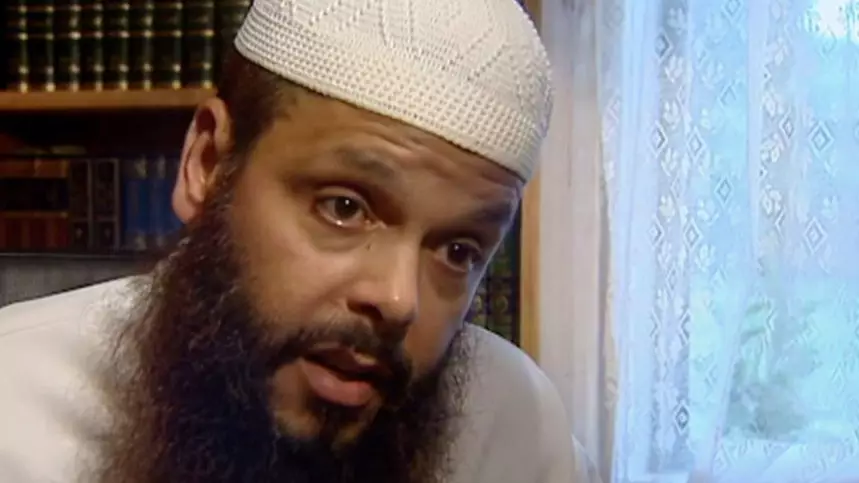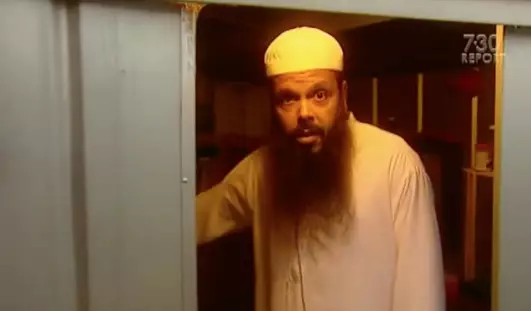
Australia's first convicted terrorist has been told he will remain behind bars despite completing his jail sentence.
Abdul Nacer Benbrika was arrested in 2005 following allegations he was plotting terror incidents at the AFL grand final and Sydney's Lucas Heights nuclear reactor.
The Algerian-born terrorist was sentenced to a minimum of 12 years behind bars in 2008 for his role in organising the attacks against high-profile targets in Sydney and Melbourne.
Advert
His sentence came to an end in November last year, however has been kept in jail on an interim order instigated by Home Affairs Minister Peter Dutton.

The issue went to Victoria's Supreme Court and Benbrika's lawyers argued against the validity of the law, claiming he was being punished for something he could do, rather than what he has done.
It was then escalated to Australia's High Court, which has today (10 February) ruled that the law was valid, as a terrorist's sentence may be extended if there is still an unacceptable risk to the community.
Advert
The High Court declared hasn't given up his extremist views, with Victorian Judge Andrew Tinney saying: "He admitted himself that he had received visits from people who then went and fought overseas.
"If the defendant had been visited by one seemingly problematic person many years ago, that would be one thing.
"But he was visited by 15 problematic individuals over some years from the time of his incarceration."

Advert
The interim order that Benbrika is currently on allows him to stay behind bars for three more years with the possibility of extension.
The High Court explained that Minister Dutton is the one with the power to determine whether this case was technically legal.
"The onus is on the Minister to establish the conditions for the making of the order," the judgement summary said.
"The Court must give reasons for its decision and the making of the decision is subject to appeal by way of rehearing."
Advert
Benbrika's Australian citizenship was cancelled at the end of the year, which presents a new issue of what will happen to him once he is released.
He could remain in indefinite detention, according to the ABC, or he could be sent back to Algeria if they will take him.
After serving 15 years behind bars, the High Court found he still has extremist views and is a risk to society.
Topics: Australia